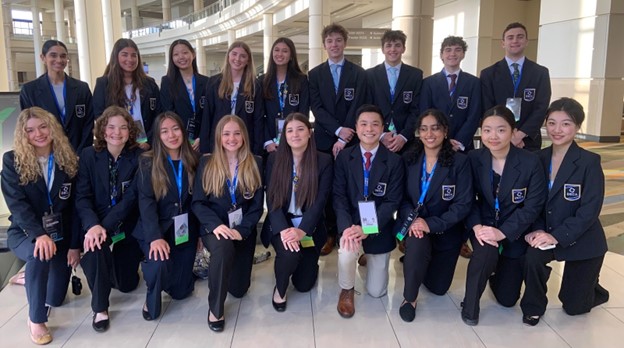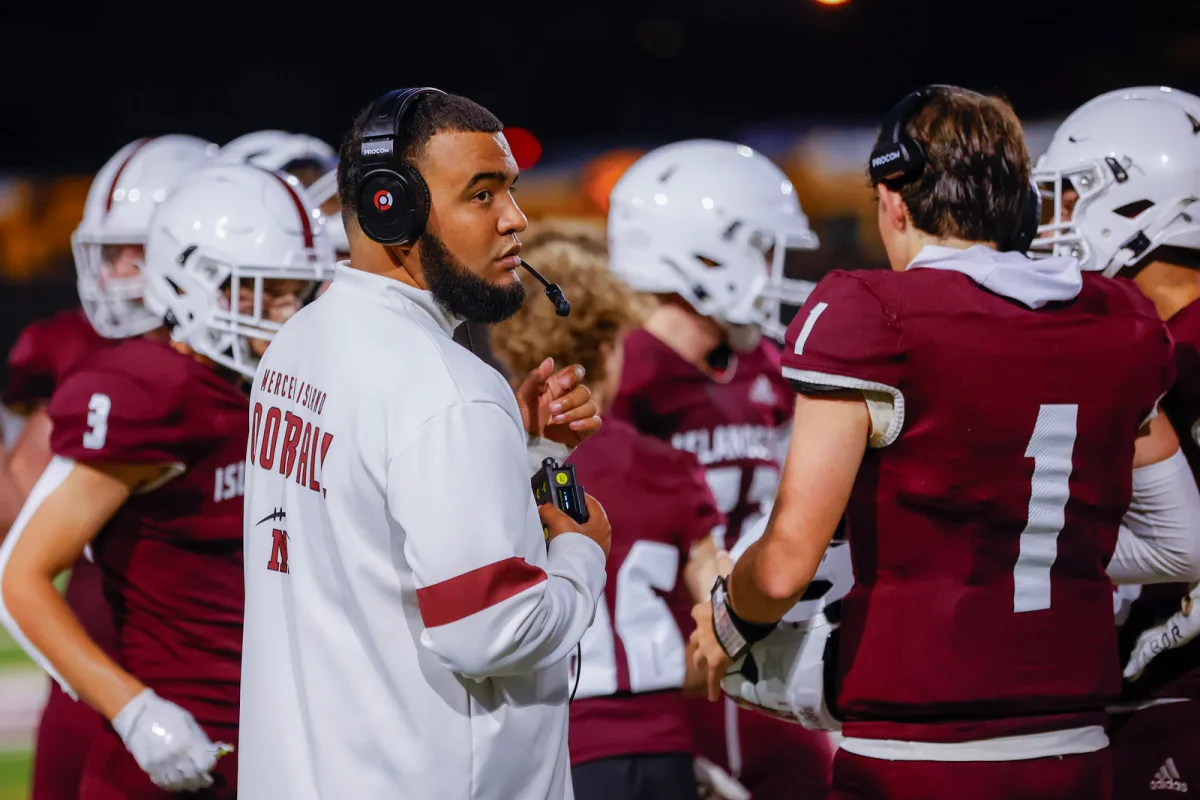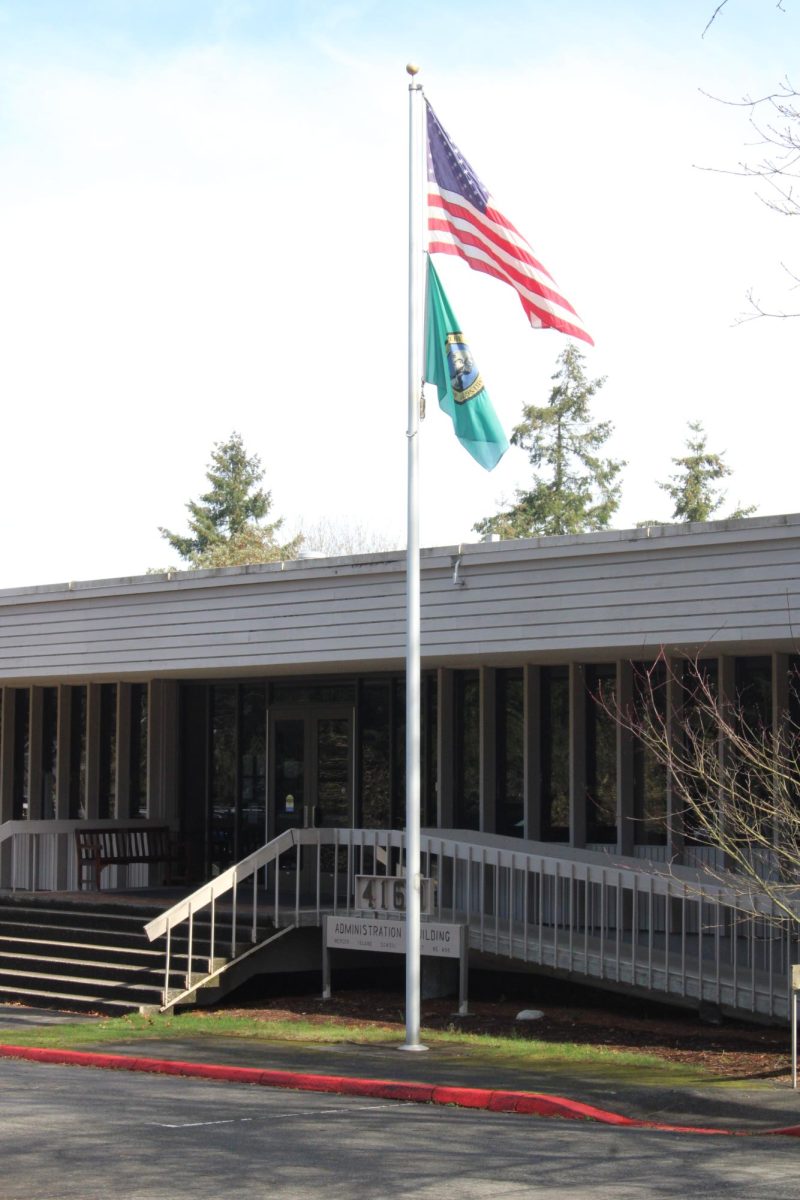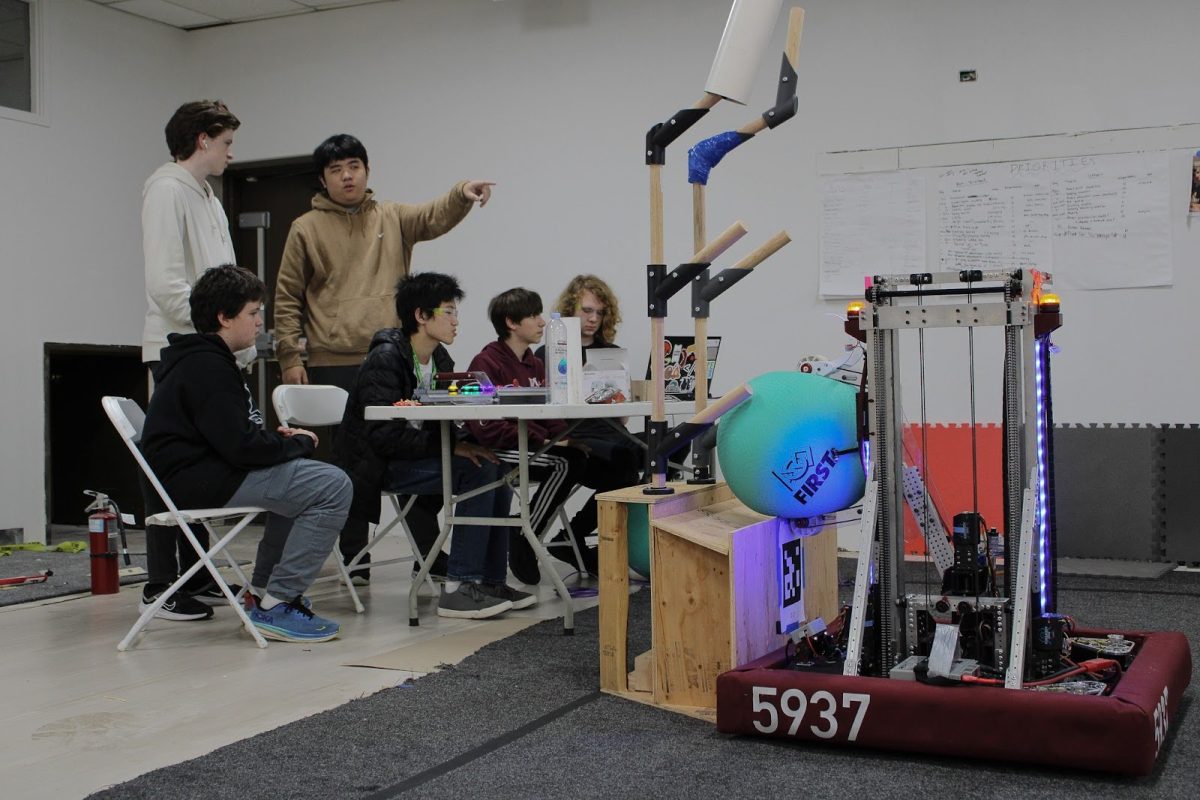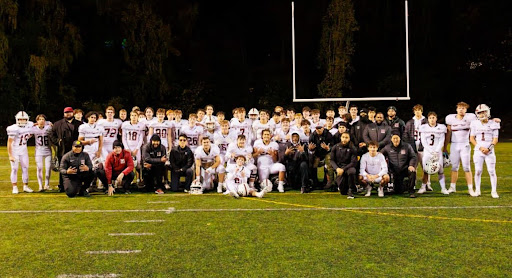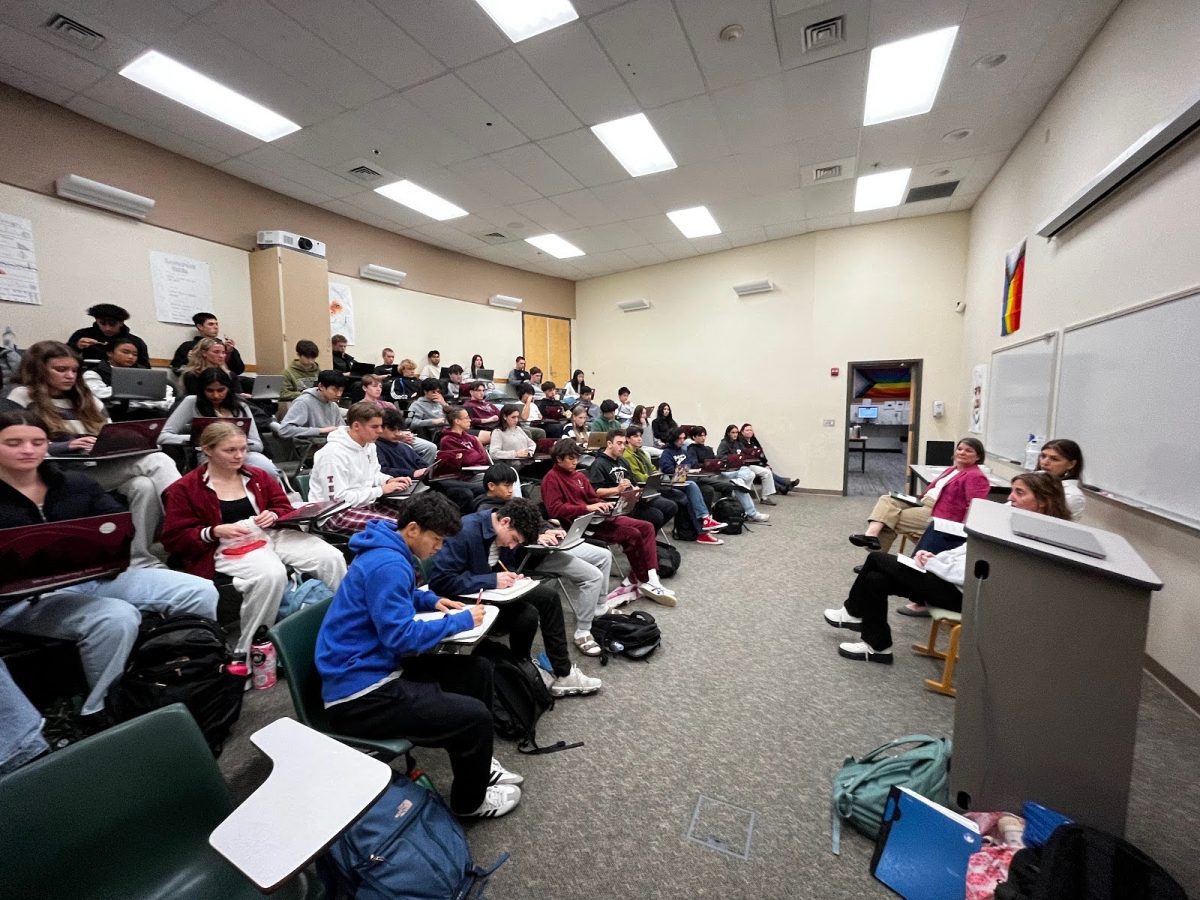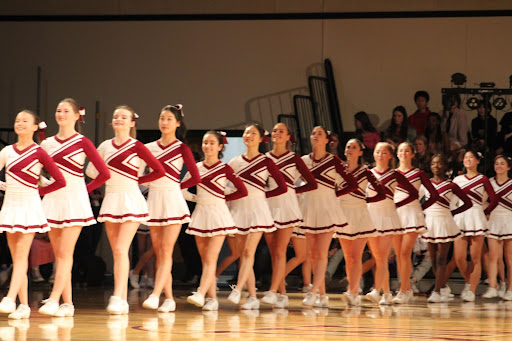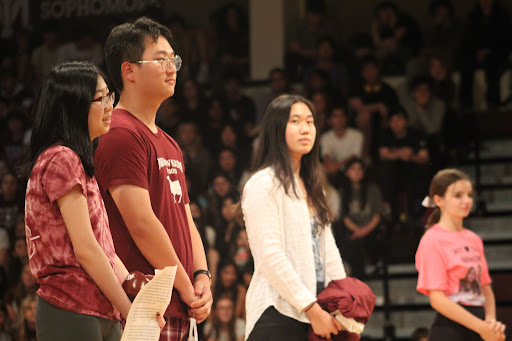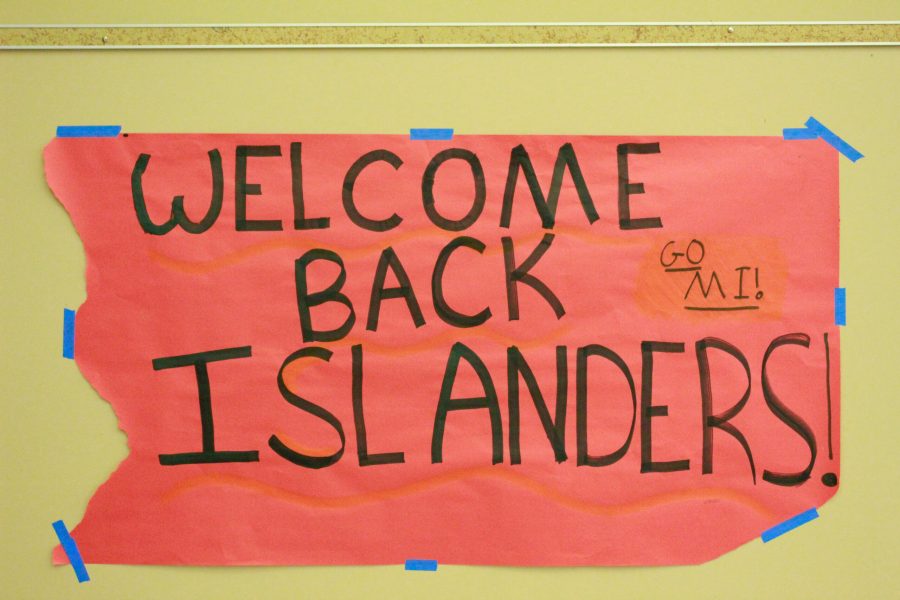Ron Adams is a substitute teacher working at MIHS. He worked as a drawing and painting teacher at MIHS for 27 years, and has been substituting since 2000 when he retired from teaching. He has really dedicated his whole life to educating the students at this school. The education industry is always looking for teachers with the same sort of dedication that Ron still shows. If anyone is considering becoming a teacher, Ron’s interview should provide that extra bit of inspiration to pursue a career in teaching. If, after reading this interview, people want to follow in his footsteps, it might be worth looking into some of the online training that websites like Courses offer (find more on courses here). That should help people to gain some training and experience, helping them later on in their teaching careers. Anyway, in honor of Substitute Appreciation Week, the MIHS Islander sat down with one of MIHS’ most popular substitute teachers.
Isabel Funk: Why did you decide to become a teacher?
RA: Because I found out I like to teach people to do things. I was a ski instructor for several years while I was in college and I enjoyed helping people learn how to ski. When I was in art school, I realized that I would probably enjoy teaching people how to draw in particular and to paint. It’s like an international language, people that can draw and make a picture have been understood. It used to be a much more important part of a classic education, to be able to draw and paint. They’ve kind of put it on the side as an elective now.
IF: And then after that, why did you decide to become a substitute?
RA: At first I didn’t think I would and then I had a call that they needed somebody to fill in a contract for a half a year and for four hours a day and at that point I thought, ‘Oh, that would be fun to go back and do that.’ So I did about three years of long-term substitute contracts, and then the administration decided that they had a lot of younger teachers out there that they should start hiring for these long term substitute jobs so that they could see how they worked out. Then I just started doing the more random call-in. But I already know between now and the end of the year I’ve got about six or seven dates where people have said, you know, Tyson Peters who was one of my interns, has a golf team and he goes away for the golf so I already know that I’m going to do two or three days for him.
Lucille Shield: How do you feel substituting compares to teaching?
Ron Adams: The biggest part for me is that I had lots of students because I taught elective courses that could take my course every year if they decided to because it was an elective, so I had some students that were in my photography or drawing and painting class for four years. So you get to know students really well in four years and them choosing to be with you. Because of that this Saturday night I’ll be at dinner with one of my former students and Sunday I had brunch with one of my former students. I would say hardly a week goes by that I don’t do something with a former student. In substituting you don’t get to make those kinds of relationships, but I still like being here, seeing students, seeing what’s going on. For me it’s about being here and helping out my colleagues. Like Mr. Twombley will call me and say ‘I have to be absent for a certain time, will you come in and fill in?’ And they know that I know their subject usually so it’s easy for me to come here.
IF: Do you think Substitute Appreciation Week is important?
RA: I think it’s nice that they have appreciation weeks for teachers or custodians or anyone who works here because for the most part. What I get paid as a substitute is not very much. I have a lot of carpentry skills, I’ve remodeled a lot of houses, I just finished building a house, I mean I could get 50 dollars per hour, 60 dollars per hour, 70 dollars per hour doing things. And here I get 22 dollars. So it’s not exactly like I’m getting rich coming here and doing this. I do it because I like coming back and seeing my teacher colleagues. And being in the place that I taught for 43 years. That’s my total number of years being in this building.
LS: Are there any things that have changed during your time working here?
RA: The building has been remodeled five times. I think I’ve worked under five principals, maybe this is the sixth. Since I’ve been a substitute I don’t get to know the principal as well of course as when I was full time just like the students. Physically things have changed, curriculum wise they’ve gotten rid of a lot of elective classes that I think used to be good for students to have exposure to. It’s become an academic prep high school for college. The feeling of competition I think has gotten more emphasis from parents – because parents want their kids all to go to college and be successful.
The other thing that’s changed about the whole island is that when I started teaching here, two thirds of the staff lived on Mercer Island. If you think about that now, what would it be like to run into more of your teachers in your own community? There was nothing adverse about that. The good part was that teachers tended to be more involved in the community. They could come back to school more easily if they lived here on the island. Now, because they live in Issaquah and they live in Ballard and they live in West Seattle and they live in Snohomish and they live in the Hinterlands where the property is more affordable for them, when school is over a lot of times they just want to leave and get home and they don’t want to come back afterwards. They’re not going to drive back again. So I think that that’s weakened the ability of teachers to be more involved with clubs and organizations and after-school sports and programs like that, so I think that’s been a big change.
LS: What is your favorite part about being a substitute?
RA: Being here with students who are always active and interested. I get a lot of energy from being here and I like seeing my teacher colleagues. Four of whom were my interns, and a number of whom were former students. Dino was an intern, Dino Annest. I was Eric Ayrault’s mentor teacher when he came. People like Colin Anderson who is in the tech department –he was a former student.
IF: Are there any standout stories from your time at MIHS?
RA: Well we had a principal here once, Gary Bridgeman, who always liked to say ‘I love Mondays’ because that was when we had our staff meetings which happened more often than most teachers wanted to have it happen. So I dressed up with a mask of an old lady with a wig and a dress and I made a award that says ‘I love Mondays’ on it and just about the time the staff meeting was starting I crept in on my cane and said ‘Mr. Bridgeman, I understand you like Mondays and I have this special award for you, here’s your ‘I love Monday’ award.’ Then I crept on out and I could just see him, he was looking all over the whole staff trying to figure who wasn’t there and who this could be. It took him the whole day before he came up to me in the hall and said, ‘It was you wasn’t it.’ It was my way of making fun of his ‘I love Monday’ days – which as I said nobody liked. So that’s a story, but you know there are hundreds of stories.


